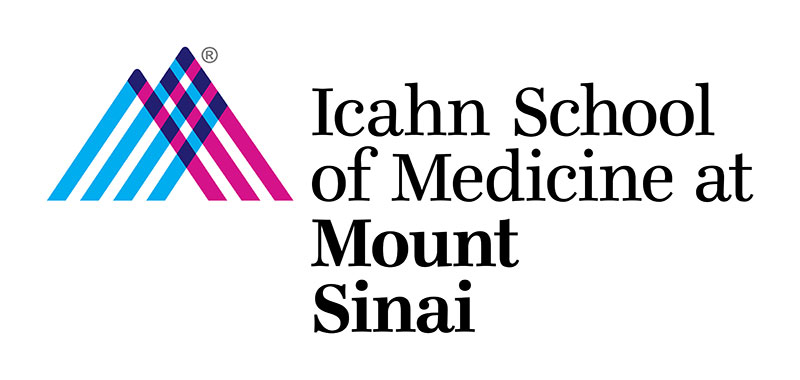Doctoral students
The Pejaver Lab is seeking doctoral students interested in developing, adapting, evaluating and/or implementing data science and machine learning methods for biomedical data sets, with an emphasis on genetic diseases. We are best suited to advise and mentor doctoral students in Genetics and Genomic Sciences and Artificial Intelligence and Emerging Technologies in Medicine. However, students from other programs/training areas in the Graduate School of Biomedical Sciences are also welcome.
Students interested in setting up rotations in the Pejaver Lab should send inquiries to vikas [dot] pejaver [at] mssm [dot] edu with Doctoral student in the subject and a brief description (1-2 paragraphs) of their educational background and skills.
Master’s students
The Pejaver Lab has opportunities for computationally inclined Master’s students looking to work on their capstone research project or thesis. We have several ideas for feasible projects related to our three focus areas. While we are most suited to design capstone projects or theses for students from the programs below, we are open to working with students from other programs/specializations as well (subject to the rules of their program):
- MS in Biomedical Data Science (computational genomics, biomedical engineering, imaging and visualization, biostatistics, health information technology)
- MS in Biomedical Science (Systems Biology Core)
- MS in Biostatistics (Theory and Methods Track)
Interested students may send inquiries to vikas [dot] pejaver [at] mssm [dot] edu with Master’s project in the subject and a brief description (1-2 paragraphs) of their educational background, skills and career goals. If students already have a project idea, they may include it, along with its relevance to one or more of our focus areas.
